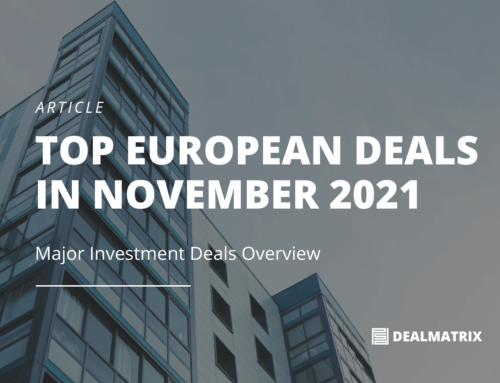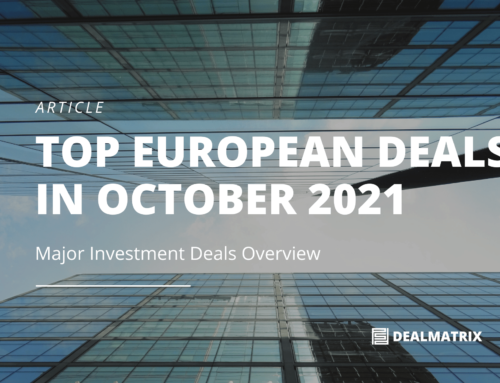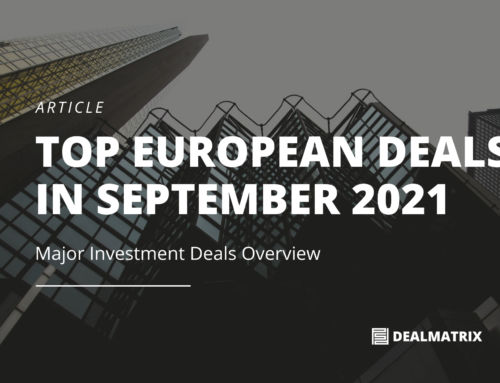How ready is your startup for an investment?
We all know highly scalable startups need solid funding to grow, some earlier, some later. Only a handful of founders bootstrap all the way and manage to become rockstars without investors.
TAKE YOUR TIME
Once you look for investors, you learn quickly that there is a huge difference between “smart money” and “just money” offered by investors. Rookies often fall for the quick win, the first deal offered, rather than searching for the right founder/investor fit. You should not sign a contract for a deal at any valuation or terms. When negotiating you must know which valuation is fair and why. It is obviously a luxury when you are able to choose, but even if you can’t try hard to find the right investor who fits you.
If you’ve already raised an investment round, you may have learned this the hard way. If you’re a real rookie, keep reading.
You may be working 18-hour days and living on supermarket sandwiches as you build your dream with few resources – but that’s not an excuse for unconscious financial decisions. In this article, we will give you a little guidance for your first investment round.
PREPARE WELL AND DO IT RIGHT
Investment money is not free money. Cash is tempting for everyone. But investment money isn’t free money. Investments come at implied yields and strings attached. And that’s why it’s essential for you to work your way through a checklist before you jump into what looks suspiciously like a quick win or a tempting “pot of gold”.
Never forget that any investor is taking a big risk by buying a stake in a startup. The pressure on you to provide a return goes up substantially when you let them do so. You may think, ‘I’m already putting maximum pressure on myself so this doesn’t make any difference, but there will be still a new dynamic to that pressure.
- Are you ready to consider somebody else’s opinion in your business decisions?
- Are you open to coaching and willing to argue about your strategy?
If retaining full control is important to you, it might be worth a few more months of the sandwich diet.
Monitor your ‘runway’. A key factor to consider is your ‘runway’. This is essentially the amount of time you can survive with current resources and expenses before going bust. The investment urgency depends largely on how much runway you have. This varies between startups – some might have family money or a grant to keep them going for a while, others might be running on borrowed time. Make sure to start fundraising at least 6 months, better 9 months before you run out of money.
It’s important to be ultra honest with yourself when it comes to your runway. And bear in mind that it usually takes at least a few weeks, in most cases months, to close an investment even with a keen investor – so don’t start hunting for funding a fortnight before you run out of money!
REFLECT YOURSELF
You also need to ask yourself if you are truly familiar with the investment process.
- How does it actually work?
- Which terms, laws, and conventions apply in your country and stage of development?
Do your research and talk to people who have been there and done it. You can’t make a valid decision about whether you’re ready for investment until you know what investment really means.
Deal terms and valuation go hand in hand. Make sure you have a sound idea about your valuation, backed by solid assumptions and ideally comparable deals (in particular multiples). Dealmatrix offers a unique service for startup valuations, through self-assessments. More and more investors appreciate it if you share your Dealmatrix Valuation Report with them (one of the key functionalities of the platform), and others – like Venionaire Capital or European Super Angels Club – will kindly ask you to provide such a report when you apply.
Aligned team. Another key question to ask yourself is whether you and your co-founders are on the same page. You’re about to invite outside interests into your cocoon. Your founders are going to ask tough questions and throw you curveballs, so this could be the first big test of your relationship with your founding partners. It’s impossible to plan for the specifics, of course, but you should at least be agreed on why you’re opting for investment and the longer-term outcomes you’re looking for. Make sure you are aligned before you start negotiations.
Investment is a big step. Do not rush into it, consider support from professionals, and don’t start to reach out to investors until you know you’re ready. All the best for your venture!
PRO TIP
Get a subscription license and re-calculate your valuation using alternative parameters. Visit our learning centre for private coaching and online training on valuation.

![Startup Growth Pains: How To Handle Them? [Tips For Startup Founders]](https://dealmatrix.com/wp-content/uploads/2021/11/DM_Blog_Images-13-500x383.png)



